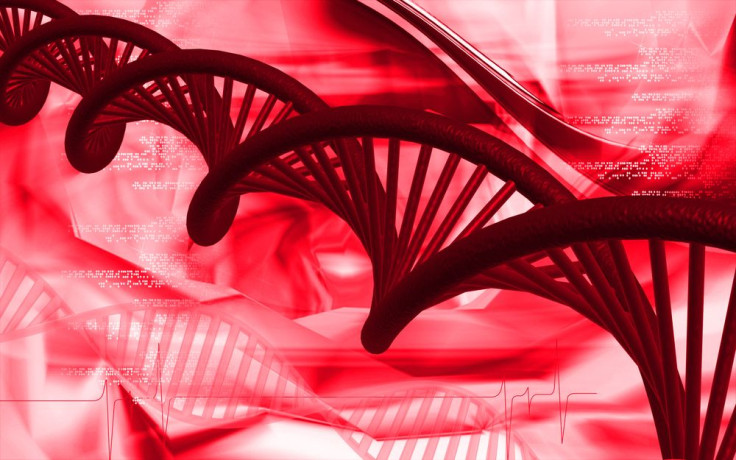Are Leaders Born Or Made?: DAT1 Gene Linked To Both Positive And Negative Leadership Traits

Does leadership run in your family? According to a recent study from Kansas State University, that might just be the case. The team found that a certain dopamine transporter gene can have both positive and negative effects on leadership in the workplace. So depending on whether or not you inherited it may give insight into if you’re likely to rise high in business.
The allele is known as DAT1, and according to the study, now published The Leadership Quaterly, inheriting it is sort of a “mixed blessing” for those in leadership positions in the workplace. The good news is that researchers found that people who possess the allele, or alternative form of a gene found on the same chromosome, are more likely to engage in mild rule-breaking behavior like skipping class, the press release reported.
"Mild rule-breaking is actually positively correlated with the chance for you to become a leader in adulthood," Wen-Dong Li, one of the researchers involved in the study, said in the press release. "These kinds of behaviors can provide you with an advantage because they allow adolescents to explore boundaries and learn something new."
However, the team found that DAT1 acted as a sort of double-bladed sword and caused individuals who possessed it to score lower on proactive personality. This a character trait which has been found to be detrimental in leaders. Individuals with lower proactive personality are less likely to regulate their own behaviors to make positive changes, which can make it difficult to overcome obstacles.
“These people were not good at regulating behaviors such as being persistent," Li said.
Although the study found that genetic factors do play a role in the likeliness that you will develop certain personality traits, ultimately the team agreed that both genes and environment played an equally important role in shaping a good leader. This conclusion fits in line with a recent study that concluded that, based on the result of all the twin studies in the last 50 years, most majority of human traits seemed to be caused by an equal balance of both nature and nurture.
The team believes that the results from this “leadership gene” study can lead to more individualized and customized management practices.
“Customizing workplace practices is good for employee learning, development, and leadership potential,” Li said. “Ultimately, it is good for employee performance and well-being, which in turn may enhance organizational effectiveness.”
Source: Wen-Dong L, Wang N, Arvey RD. A mixed blessing? Dual mediating mechanisms in the relationship between dopamine transporter gene DAT1 and leadership role occupancy. The Leadership Quatership Quaterly. 2015.



























